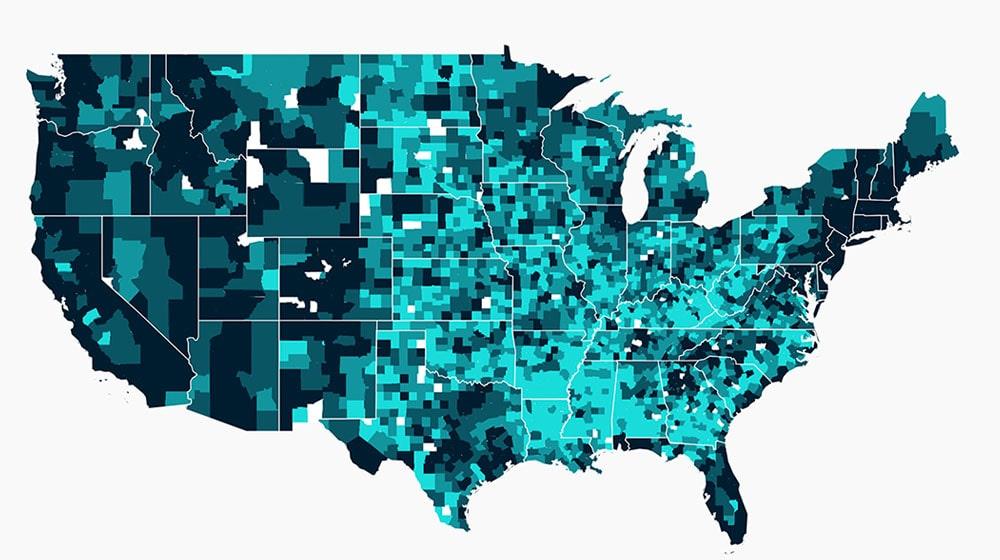Micro-businesses have an outsized influence on the prosperity of their communities and are being hurt disproportionally by the Covid-19 pandemic. And yet, after an economic downturn these same businesses can have an enormous impact on growth in household incomes and recovery of their communities.
Today, we’re unveiling a dataset we hope will help shape the response: an in-depth look at millions of micro-businesses—overlooked by most official measures—that have been a vibrant, growing part of our economy for more than a decade.
We’ve known this in our gut at GoDaddy for years; we provide the domains, websites, digital marketing and other tools for more than 20 million of these internet-based “ventures” in the United States. But while we often hear about our customers’ accomplishments, their economic contribution has been all but invisible to the rest of the world.
Even before the current crisis, it was clear to us that this needed to change. So, two years ago, we began a project called Venture Forward. We worked with researchers from the University of Iowa and Arizona State University to count, categorize and analyze the economic impact of these ventures and the people behind them. Little did we know we’d be sharing the results at such a crucial time.
Among the key findings:
- Ventures are as diverse as the country itself. They’re in red states and blue states. Run by women and men, full-time business owners, students, retirees, and part-time workers. They’re rural and urban, from different income and education levels, and all ethnicities.
- Ventures make communities more prosperous. In 2017, the annual average increase in household median income across the nations counties was $1,700. Adding one highly active venture per 100 people would increase that number by 19% or $331, taking it up to $2,031.
- Ventures are prevalent in regions that recovered most fully from the great recession of 2008. Counties that had the greatest recovery have more ventures per 100 people than the national average, and twice as many as those that recovered the least. They also experienced a greater increase in prosperity between 2007 and 2016.
We estimate that there are around 45 million ventures in the U.S., three-quarters of which are businesses. Most have fewer than 10 employees, and about a third are one-person shops. In many cases, they haven’t registered as a business.
We’re making this data, which is based on the 20 million active and discrete domains we manage, available to the public so that anyone—policy makers, academics, think tanks—can sift through it and contribute to newly urgent national conversations on stimulus measures, as well as issues like financial inequality, immigration policy, and job skills-training.
We know there’s a will to advance these policies. But in the words of one lawmaker we briefed: “You can’t create policy for what you can’t see.”
Releasing the Venture Forward data isn’t the end of the road for us. It’s only the beginning. In the months ahead, we plan to keep the dataset up to date so we can track the impact of Covid-19 on ventures and their role in the road to eventual economic recovery. We’ll continue to conduct our own analyses, and we’ll publish any findings we think are important.
We can also be a resource for any groups or individuals who want to use the dataset for their own research. If we can help with these efforts in any way, please reach out to ventureforward@godaddy.com.
It’s our hope that together, we can shape policies that help venture operators and their communities during the current crisis and beyond.








